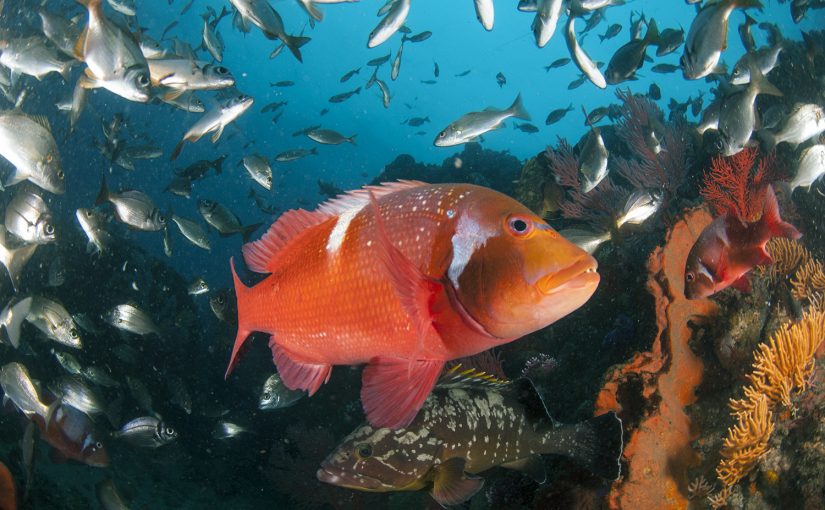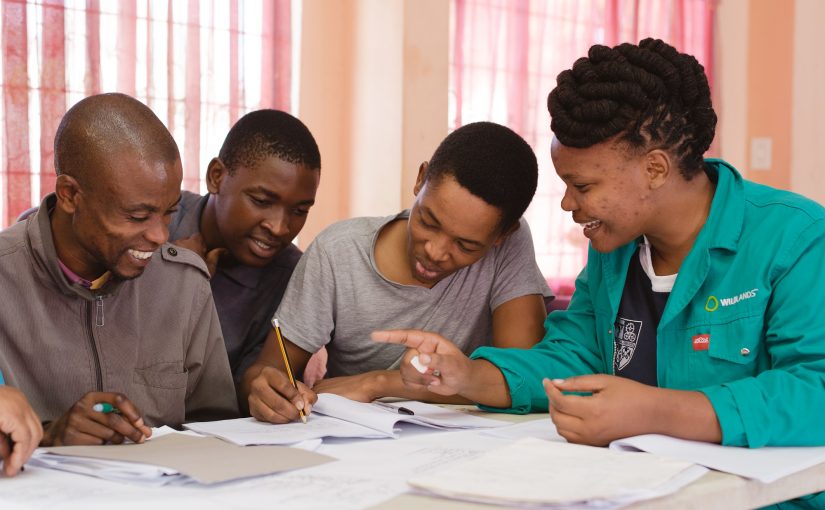On the 20th of March 2018, Brazil announced the designation of four new marine protected areas (MPAs) around the Trindade-Martin Vaz and the São Pedro and São Paulo Archipelagos, two regions in the South Atlantic. The four new MPAs cover an area of more than 900,000 square kilometres – larger than the countries of France, England, Belgium, Netherlands and Switzerland combined.
On the 24th of November 2017, Mexico announced that they will fully protect 57,000 square miles of the ocean around the Revillagigedo Islands from fishing and resource extraction. This marine reserve is the largest marine protected area created in North America, including offshore waters which support 366 species of fish, as well as 37 species of rays and sharks, function as calving grounds for humpback whales and support coral gardens and a range of other relatively pristine marine ecosystems.
Both followed the lead set by Chile, where during her tenure, President Bachelet secured the strong protection of over 1 million km2 of their waters – more than 40%. This Latin American ocean protection leadership follows clear science that shows the importance of these national parks at sea to build resilience as well as revitalise the abundance and diversity of marine fish stocks.
A number of other countries are doing the same, with the Seychelles being South Africa’s closest neighbour to take action, strongly protecting 210,000 km2 in February of this year and committing to increasing the area of its marine protection from 0.04% to 30% by 2022. The two new protected areas announced earlier this year mean that the country is more than halfway to meeting this goal with 16% of its waters fully protected.
Despite this, protection of Africa’s ocean is lagging far behind most other parts of the world. South Africa currently has a network of 24 coastal MPAs covering only 0.4% of the continental EEZ (Exclusive Economic Zone), and one sub-Antarctic MPA (Prince Edward Islands).
When South Africa’s current Marine Protected Areas (MPA’s) were surveyed alongside 39 developed countries they ranked 34th out of 40, with 0.4% current marine protection compared to an average of 11.2% for the other countries. When South Africa was surveyed together with 129 developing countries it ranked 90th out of 130 – which had an average of 5.8% compared to South Africa’s measly 0.4%.
“0.4% is hopelessly inadequate to maintain sustainable benefits in a growing ocean economy,” said WILDOCEANS Executive Director, Dr Jean Harris. “A minimum target agreed to as a global standard is 10% marine protection, with South Africa committing to achieving this by 2020. As an interim step, in 2016 DEA published intention to gazette 22 new/expanded MPAs to achieve a 5% protection. Although a relatively modest advance this will see the protection for 43 ecosystem types and 9 of the 15 critically endangered ecosystem types, all currently unprotected. This will also see benefits to fisheries, including protection of nursery and spawning areas, resource recovery and the management of essential fish habitat.”
“Marine parks are about more than just a haven for the species that live in them. These national parks at sea are critical climate change fighting tools and help support food security. The ocean is a massive carbon sink and science is now demonstrating that marine reserves slow the effects of climate change, rebuild biodiversity, and help build resilience. Like Mexico, Chile, Brazil and the Seychelles, governments can affirm their international commitments to combating climate change, securing jobs and food through the creation of marine reserves – or climate reserves,” commented Karen Sack, Managing Director of Ocean Unite.
There is an urgent need to gain strategic wins for marine conservation in African waters that will catalyse action across the region. In 2014 South Africa did in fact embark on a fast-track process to achieve an interim 5% by 2016, followed by an additional 5% by 2020. Unfortunately, this process has stalled with stakeholders raising concerns that this hiatus is owing to undue influence from the extractive mining sector which is seen as one of the main drivers for unlocking South Africa’s “ocean economy”.
Of note is that the Department of Energy in recent years placed 98% of South Africa’s EEZ under acreage lease for oil and gas exploration or production rights, and there is talk of new mining opportunities for phosphate extraction and other seabed minerals.
Encouragingly, the drive to achieve a 10% (and more) MPA target appears well supported at the most senior levels in DEA (Department of Environmental Affairs) and aligns with South Africa’s National Development Plan outcomes and international commitments at the UN. Further, South Africa has recently assumed the role of Chair of the Indian Ocean Rim Association (IORA) and there is a timely opportunity for South Africa to lead the way to establishing MPA expansion as a key blue economy ocean governance goal within the African region.




